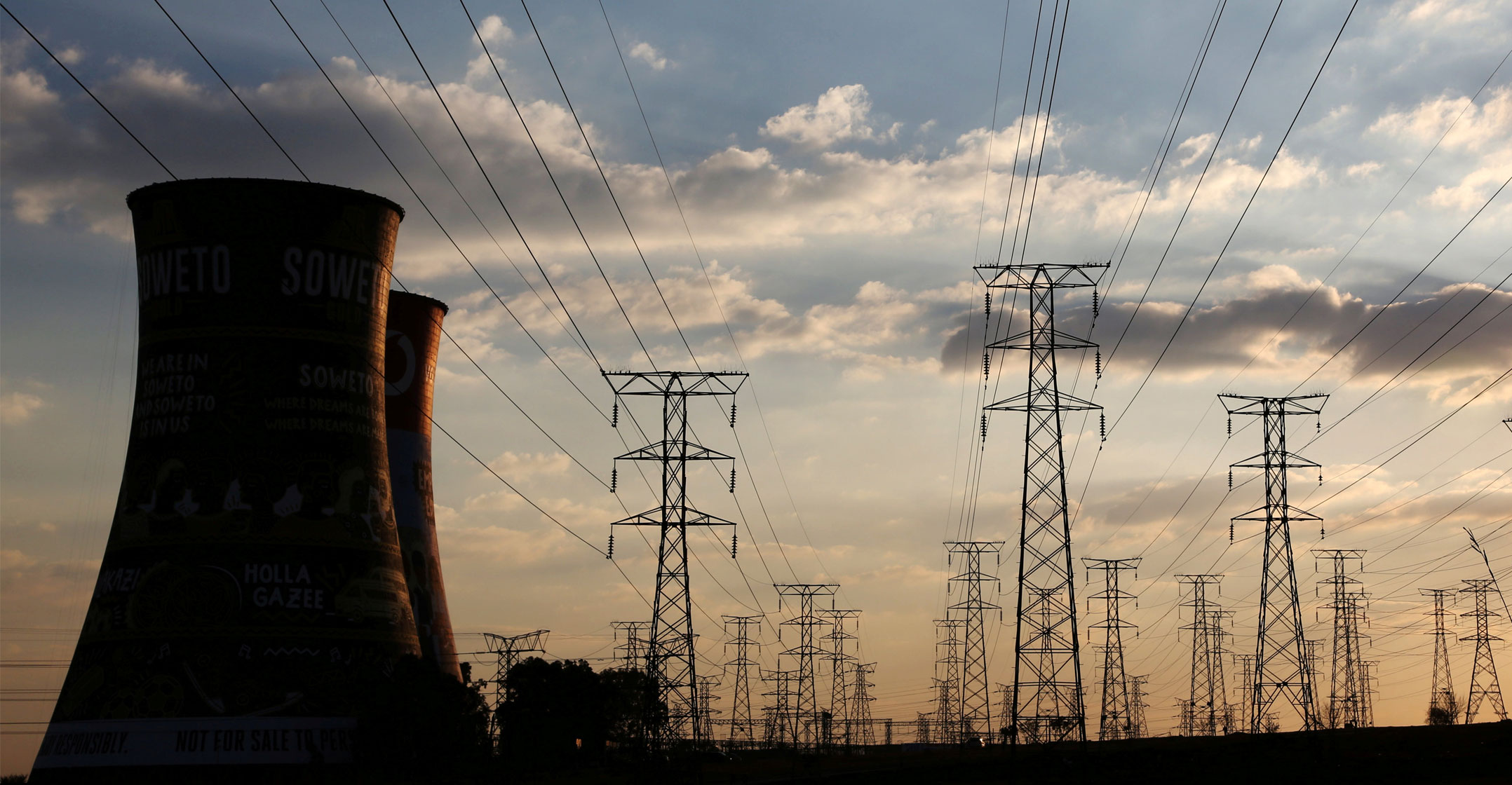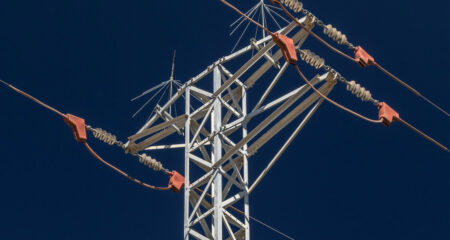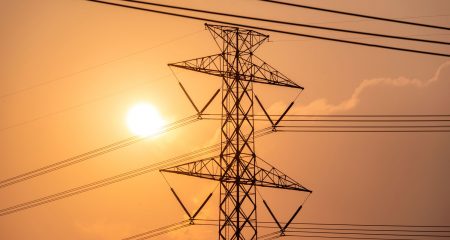
Eskom CEO André de Ruyter said on Thursday the state power utility could become financially viable and do without government bailouts if it could more than halve its debt to R200-billion.
Eskom has about R450-billion of debt and is mired in financial crisis as it does not generate enough earnings to meet its debt costs.
Its debt burden is equivalent to more than 8% of South Africa’s GDP and includes roughly R150-billion in domestic bonds, R150-billion to development finance institutions such as the World Bank and R80-billion in foreign bonds. The rest is made up of export credit facilities and other types of loans.
Eskom produces more than 90% of the electricity in South Africa but has battled to keep the lights on, a factor that helped push the country into recession even before the coronavirus crisis struck.
Eskom’s problems are among the biggest challenges for President Cyril Ramaphosa, who has been trying to rebuild investor confidence after a decade of scandals and policy missteps under his predecessor, Jacob Zuma.
De Ruyter couldn’t say how long it would take to slash Eskom’s debt to R200-billion or achieve a 35% earnings before interest, taxes, depreciation and amortisation margin, another metric it thinks will make its business sustainable.
‘Renegotiation’
He said the company would start a “renegotiation process” with independent power producers to try to lower electricity costs for consumers.
Power demand has fallen by an average of 6GW because of the economic impact of the coronavirus, chief operating officer Jan Oberholzer said.
Generation executive Bheki Nxumalo said the number of expected days of power cuts over the winter months had fallen to three from an earlier forecast of 31. — Reported by Alexander Winning, (c) 2020 Reuters




